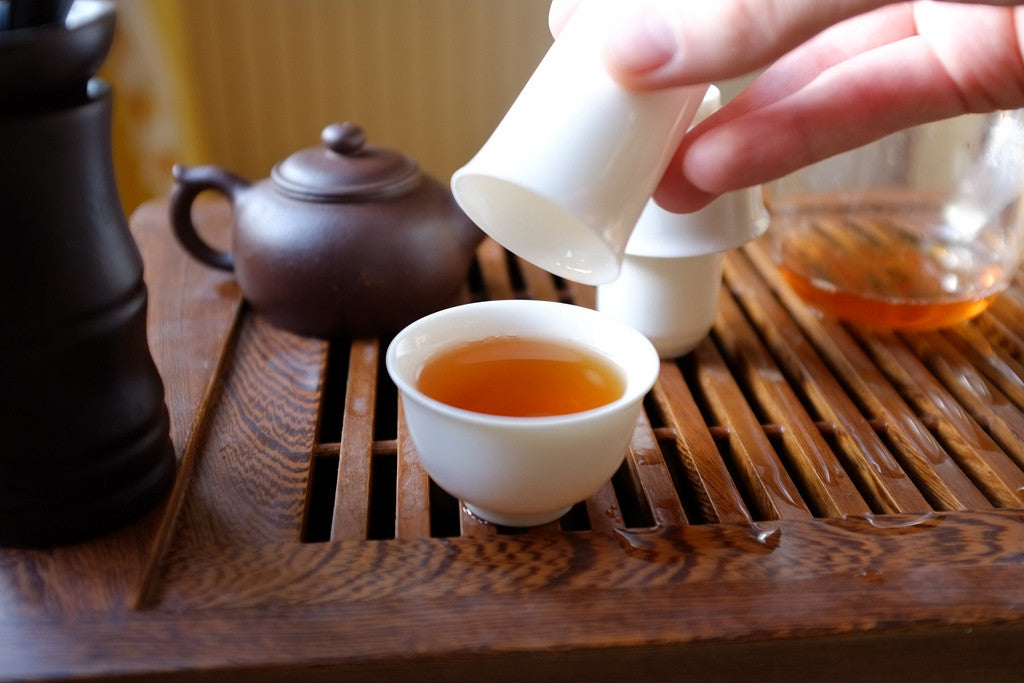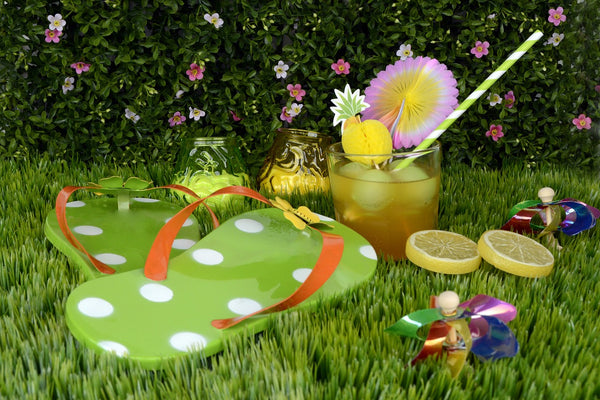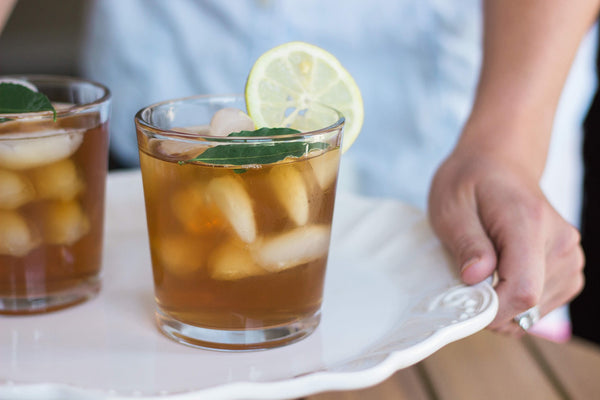
We all know the story of Goldilocks and the Three Bears. One bowl of porridge was too hot, while the other was too cold. Finally, she found the one that was just right. This story really relates to us as tea drinkers when it comes to preparing tea. We have multiple elements to consider from water temperature to the amount of leaves and steep time. But, with all of this measuring, timing and weighing, we tend to lose sight of what is really important - how the tea tastes. It is through the taste of the tea that we can tell if we have prepared it properly. Here are some quick pointers that will show you if your tea has been prepared “just right.”
There are two main things that can go wrong
When tea is made properly, it is flavorful, aromatic and has a nice consistency or mouthfeel. When it is made incorrectly, there are two main things that can happen. The first is that the tea tastes thin. The second is that the tea tastes really bitter. If you run into thin or bitter tea, there is a good chance the problem isn’t with the tea, but with the way you prepared it.
If Your Tea is Thin
When a tea is thin, it means it has a “watery” taste and mouthfeel. Tea should have a slightly thicker consistency than water. The best analogy I can use is canned chicken soup. Both canned chicken soup and tea should have a slight thickness to the broth, almost a tongue-coating sensation. While some teas have more of this than others, even the lightest tea will still be thicker than water. If your tea ends up being thin, it means that you did too little. It could be that you did not use enough leaves, steep the tea the proper amount of time or that your water temperature was too low. In my experience, I would say that 95% of the time when your tea is thin it is due to under-steeping. To cure this just keep adding 30 seconds to your normal steep time until the tea possesses that wonderful tongue-coating sensation.
If Your Tea is Bitter
I mentioned bitter tea just a few weeks ago, but I will repeat it here because it is important. There is a difference between bitterness and astringency. Astringency is a prized part of tea that you feel in your gums and cheeks. Astringency doesn’t actually effect the taste of the tea. However, bitterness is a different story. Bitterness is a sensation that you can almost taste with your tongue. When a tea is bitter your entire mouth puckers up and it feels almost like your taste buds are contracting. If your tea ends up being bitter, it means that you did too much. You either used water that was too hot, too much tea or you steeped it for too long. Just like with thin tea, I would say that 95% of the cases of bitter tea stem from over-steeping. To solve this problem, just reduce your steep time by 30 seconds each steep until you find the perfect tea flavor and consistency.
Summary
If you are a bit confused about this thin/bitter concept, I recommend doing what Goldilocks did with her Porridge and experiment with the two extremes. Take your favorite Black Tea and steep it for 30 seconds. Then take the same tea (using fresh leaves) and steep it for 7 minutes. Finally, take the same tea (using fresh leaves) and brew it for the recommended amount of time. Taste all three in a row and you will see that the properly brewed tea is “just right.”
Photo: www.flickr.com/photos/ai212983/6177296420
Leave a comment
Comments will be approved before showing up.


